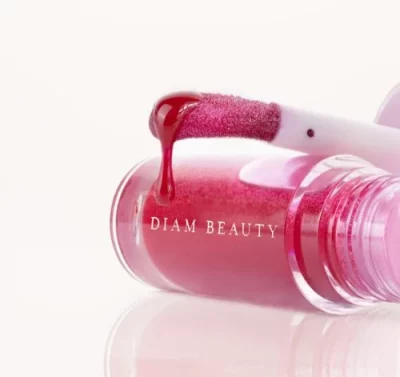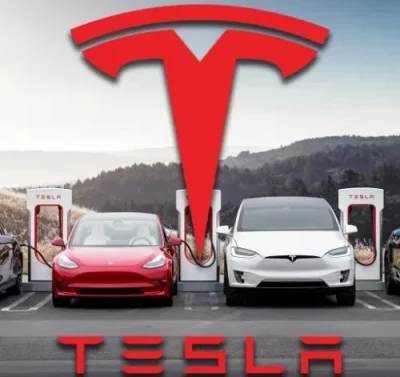According to insiders, JSW Group has entered the race to purchase two coking coal mines from Australia’s BHP Group in a potential $1.5-2 billion transaction, as the Indian steelmaker looks for fuel for its blast furnaces.
BHP is selling the 20 MTPA Daunia and Faunus mines in Queensland after experiencing a 32% decline in half-year earnings, displeasure with the state’s increased coal royalty, and ESG (environmental, social, and governance) worries. Out of the 20 MTPA, 15–16 MTPA are coking coal used to make steel, while the remaining 10 MTPA are thermal coal.
JSW, the sole Indian competitor, will go up against global steel trading and mining behemoths like Nippon Steel, Posco, and Glencore, as well as domestic mining companies Yancoal and New Hope Corp. and other private equity firms. In the upcoming weeks, non-binding indicative bids are due.
Some of the experts who are closely following the situation suggested that JSW would be receptive to joining up with a PE group as part of a consortium. The Blackwater mines from the Queensland-based BHP Mitsubishi Alliance joint venture have also been selected to be sold by BHP and its Japanese trade partner Mitsubishi.
The anticipated disposal comes after BHP sold its 80% ownership in the joint venture between BHP Mitsui Coal and Australian company Stanmore in May 2022. Despite only exporting 46.3 MTPA in 2022, the joint venture’s Hay Point port facility near Mackay has a 55 MTPA capability.
In order to reduce their carbon footprint, steel mills throughout the world are employing hydrogen or natural gas as alternative fuels for their blast furnaces. But those initiatives won’t completely replace coking coal.
“Emissions and energy intensity are directly impacted by the quality of the coking coal. Accordingly, the Australian coking coal’s usability will be crucial, according to a knowledgeable official who spoke on the record. High-grade coals will help to reduce carbon intensity by enabling more efficient blast furnace operations. For businesses like JSW”, which must also take into account freight costs from Australia, this will therefore be a major consideration.
Despite the global economic downturn, Australia’s coking coal prices have been steadily rising, especially since China withdrew its tacit embargo on imports from Australia in 2020. In January, China resumed purchasing coking coal from Australia, sending 14 ships carrying 1.4 million metric tonnes of coal.
According to the senior management of the firm, JSW Steel has developed plans to spend Rs 2,000 crore to establish a brand-new coking coal mine in Jharkhand. It is awaiting a formal announcement from the government after being named the highest bidder for the recently auctioned coking coal mine. The new mine, which contains reserves of around one billion metric tonnes, is anticipated to be operational by FY26, according to the firm. The operation’s scope will be comparable to that of its Moitra coking coal mine, which is also situated in Jharkhand.
About $150–170 per tonne is the long-term sustainable coking coal price. However, traders or upstream miners like Glencore have made a $34 billion net profit as a result of the post-Ukraine volatility in commodity prices. Selling coal contributed to more than half of the unexpected profits. Users like JSW were impacted by the fact that coking coal prices increased by 75% to $670 a tonne FOB Australia in March 2022.
As a result of its years of mining experience, JSW now runs four mines in Odisha, nine in Karnataka, a lignite mine in Rajasthan, and one mine each in the US and Dubai.















